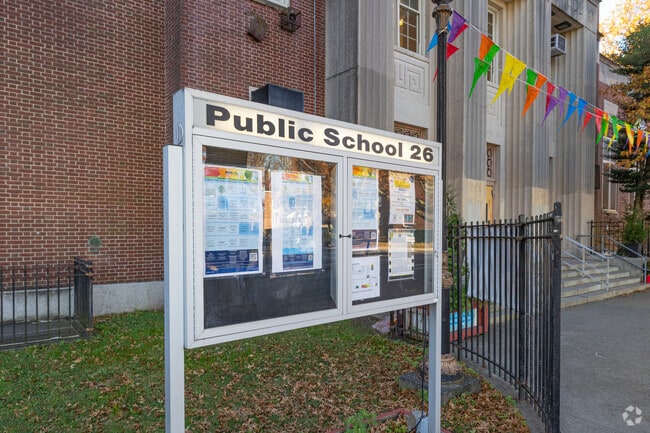I learned two things this morning that came as a surprise. The first is that there are 1,700 primary schools in England that do not have a library. And second, under the law, every single prison is required to have one.
Rachel Reeves has just announced that the government intends to spend £10 million to ensure that there’s a library in every primary school in England before the next Parliament.
To me that doesn’t sound particularly ambitious. With a budget of under £6,000 per school, that means libraries without librarians. And if it’s just a question of buying a bunch of books and getting some IKEA Billy bookcases, why does that require waiting until 2029?
I’m not privy to any insider information here, but my guess is that not all that much thought has gone into the Chancellor’s announcement.
I remember school libraries when I was growing up in New York City. They were not small, they had librarians, and they were a place where kids could meet and talk and learn together. When I became a socialist, I went looking for books about Marxism in my high school’s library. There was nothing by Karl Marx. But there was FBI Director J. Edgar Hoover’s “Masters of Deceit”. School libraries weren’t perfect. But they are necessary.
Here in Britain, libraries — both school libraries and public libraries — have suffered from decades of neglect. And the decline of children’s reading reflects that.
Lucy Taylor and Paula Clarke from the University of Leeds write: “According to a 2025 survey by the National Literacy Trust, only a third of children aged eight to 18 enjoy reading in their free time. Government data shows that 25% of pupils leave primary school unable to read at the level expected.”
Obviously, children from working class and poor families suffer the most from this neglect. That’s why it’s an issue the labour movement should campaign on.
The first critical reaction to the proposal came from a trade union. According to the BBC, “Paul Whiteman, who is in charge of the school leaders’ union NAHT, is concerned about a lack of ‘space and staffing’ when it comes to running the libraries. He hopes that some of the money will be used to tackle those challenges.”
We can do more than hope. We can make proposals to the government, and suggest changes, so that the 500,000 children affected will actually benefit. For example:
Spend more money on this. The NAHT is right — if these school libraries are to be useful to anyone, they need staff and they need proper spaces.
Speed this up. It doesn’t take four years to implement such a modest plan. Hundreds of thousands of children can benefit from the rapid creation of small libraries.
Have a public conversation about which books we want in these libraries. In the United States, books are routinely banned from public and school libraries because they are seen as too sympathetic to LGBTQ people, or too critical of the country’s racist past. According to PEN America, authors banned from at least 50 school districts in the US include Margaret Atwood, Anthony Burgess, Toni Morrison, and George R.R. Martin. School libraries here in Britain should encourage students to think critically.
Don’t limit the libraries to books in print. (And I love books in print.). Libraries can share e-books and audio books that children can read or listen to on their phones. The current budget of £10 million breaks down to about £20 per child — that’s not enough to buy very many books. But it can give access to electronic versions of books.
Rachel Reeves’ proposal points in the right direction. But it’s not ambitious enough. Parents, teachers and the children themselves need to have a say.
As for J. Edgar Hoover’s book on Communism, I’d give it a pass. Margaret Atwood’s “The Handmaid’s Tale” on the other hand — well, that should be in every school library.
This article appears in the current issue of Solidarity.
